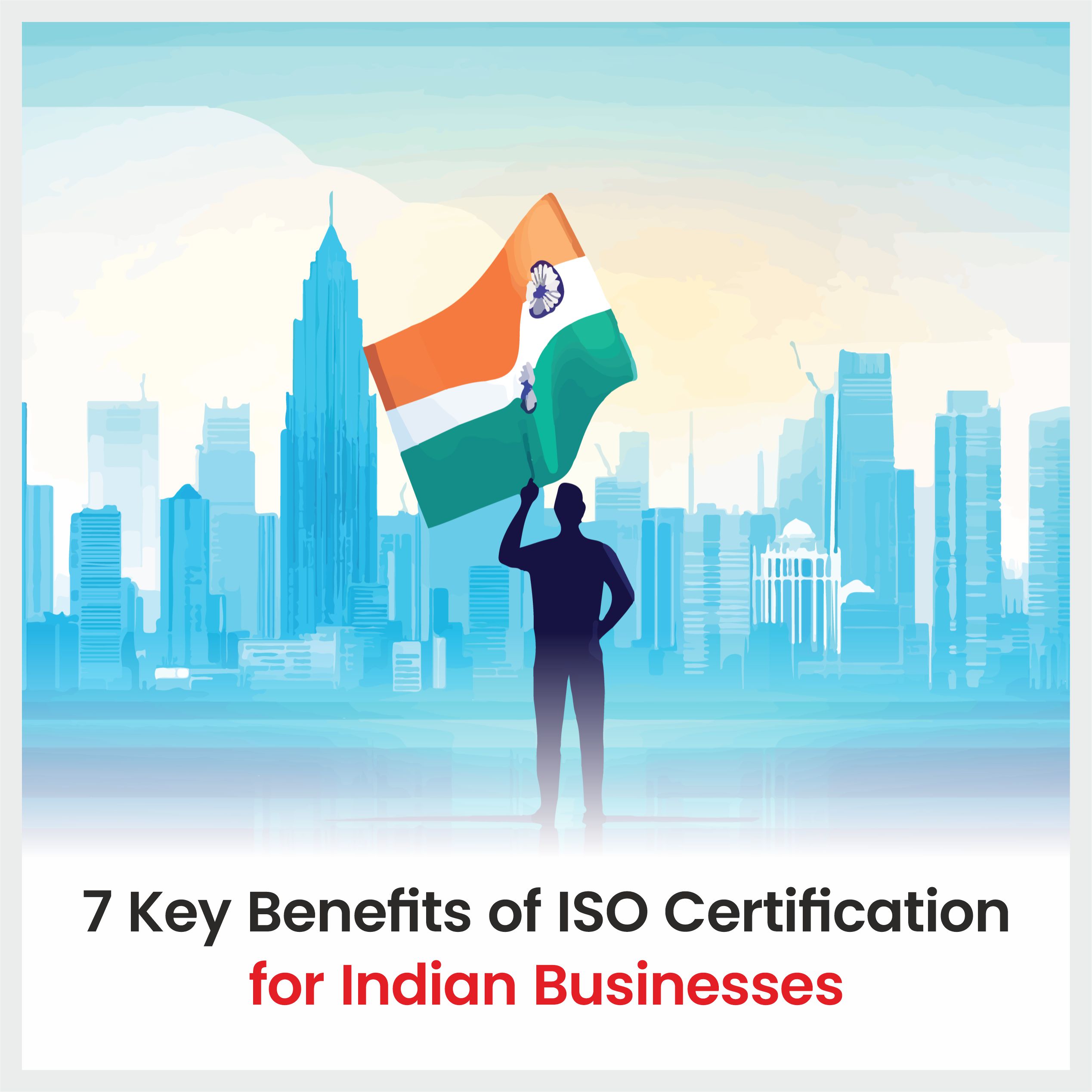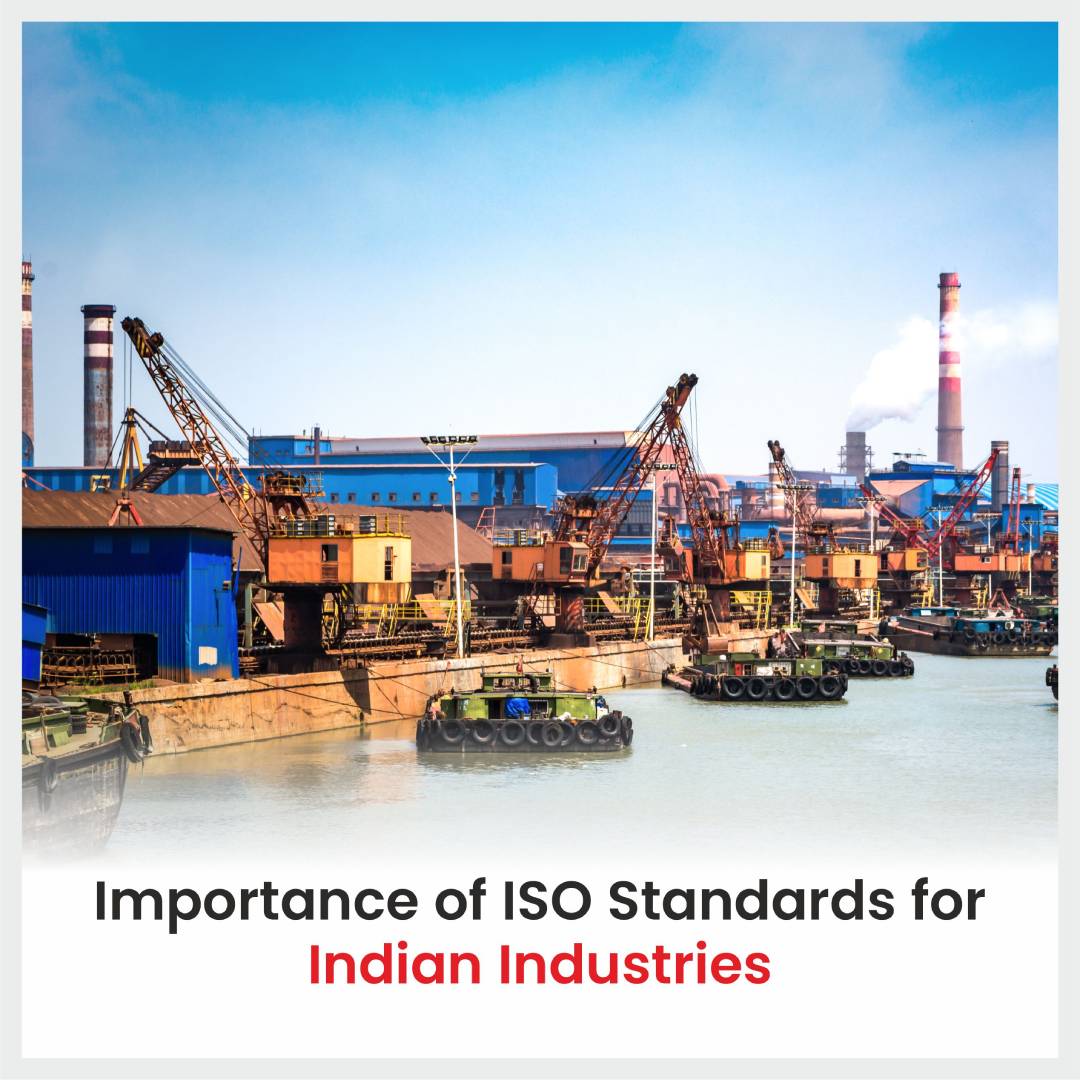Get ISO Certification for Import and Export Industry
How ISO Certification helpful for Import and Export Industry?
ISO’s fundamental objective is to ensure that products and services are safe, secure, dependable, and of high quality. ISO publishes standards, training modules, guidelines, research papers, and certifications. The ISO additionally guarantees the products and services are of comparable standards so that international; trade can occur effortlessly. It is critical to take note that ISO does not certify any organization or company.
The appraisal is done by outside bodies also known as the third-party bodies or certification bodies. These third-party bodies after definite inspection give the ISO Certification. In like manner, the ISO Certification for Import & Export Industry acts as a seal of approval or guarantee that the organization runs on great norms set by ISO and its products/services are reliable and can be a better choice when contrasted with non-certified products.
Why do Import and Export industries need ISO Certification?
The Export business is an extremely remunerative sector with numerous small and medium organizations working in the area. There are a few enormous Multi- multi-national companies too in the export sector, but mostly it is a very fragmented and dispersed sector globally. The Export sector facilitates the supply chain for a wide range of industry verticals like automotive, food, engineering, etc. Getting ISO Certification for your product house could add value and raise your brand image globally.
It will help in finding new market opportunities easily and expand the market fast. Having an Internationally Accredited Certification for the export house will help gain acceptance quickly as a quality first brand in the global business sectors.
Neither ISO Certification Is a compulsory requirement nor there is a penalty on the off chance that you don’t have it. Yet ISO Certification is significant as well as pertinent, particularly for Export Companies.
When it comes to foreign trade, one thing is certain any country would like to bring top-notch items into its commercial center. Also, the imported product organizations are probably going to purchase just those products that are created as per International Standards. Moreover, Consumers in the International Market would purchase only those products that are preferable and have a better quality than existing products.
Finally, ISO Certification out to be more significant when you need to advertise your items and services. Additionally, one can feature ISO Certification as an accomplishment through different means such as articles, papers, magazines etc
Benefits of ISO certification for Import and Export Industry
With the expansion of the Internet, numerous organizations have now begun to content on a worldwide scale. In the end when a business begins developing and extending, entrepreneurs start endeavoring to turn out to be more competitive either by importing or exporting goods.
BENEFITS OF IMPORTING-
Importing means purchasing products or services from another country.
- Introducing new products to the market
- Reducing costs
- Becoming a Leader in the Industry
- Providing High-Quality Products.
BENEFITS OF EXPORTING-
- Increasing your sales potential
- Increasing Profits
Which standards or ISO certificates are required for the Import and Export Industry?
The International Organization for Standardization publishes certain standards that help in implementing management systems for delivering quality products and services as well as enabling compliance to the related legislations.
The most required ISO standards that are appropriate for Import and Export industries are:
ISO 9001 Standard
The ISO 9001 standard is a scheme for establishing Quality Management Systems (QMS) in your organization. ISO 9001 Certification ensures that the quality of your products is at par with international standards and is less prone to accidents and damages.
ISO 14001 Standard
By using ISO 14001 standard, you can implement an Environmental Management System (EMS) in your organization that helps in reducing the adverse impact of your activities on the environment as well as ISO 14001 Certification ensures that your products are environment friendly.
ISO 45001 Standard
ISO 45001 standard provides a foundation for establishing Occupational Health and Safety Management Systems (OHSMS) in your organization. ISO 45001 Certification ensures the safety and wellbeing of your manpower.
ISO 37001 Standard
It is the International Standard that enables organizations of all kinds to prevent, detect and deal with corruption by adopting an anti-corruption policy, by appointing a person to supervise anti-corruption compliance, training, risk assessments and due diligence on projects and associated enterprises, the implementation of financial and trade controls, and the establishment of reporting and investigation procedures.
ISO Certification process for Import and Exoprt Industry
- Application & contract
- Audit team Assignment
- Document view
- Certification Audit Independent review
- Notification of Certification
- Surveillance audit
- Re-Assessment
The certification process goes further. click here to view the next steps to the ISO certification Process
ISO certifications have huge significance across a varied range of industries. They not only help to improve the processes within the organization but also ensure a smooth flow of services throughout the supply chain.
Missing Something?
We’re here to help you find exactly what you need—just let us know, and we’ll guide you in the right direction.
LATEST NEWS & BLOGS

7 Benefits of ISO Certification in India for Business Growth
Businesses claim to deliver QUALITY in today’s cut-throat market; however, there is no source to verify the claims. What if

Importance of ISO Standards for Indian Industries
📑 Table of Contents 🌍 Introduction Why quality and consistency matter in today’s international market How ISO standards help Indian

Get Certified: Lead Auditor & Implementer Training on ISO 9001, 14001 & 45001 Documentation Process Begins
SIS Certifications Announces Comprehensive Five-Day Training Program for Quality, Environmental, and Occupational Health & Safety Management Systems Professional certification opportunity

